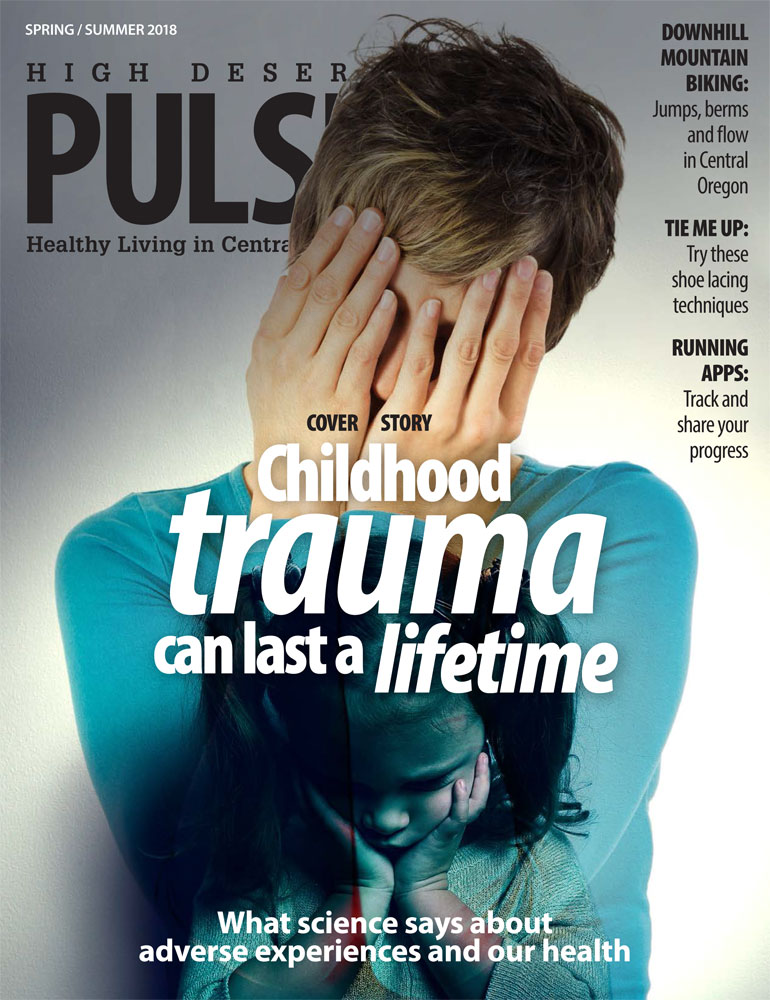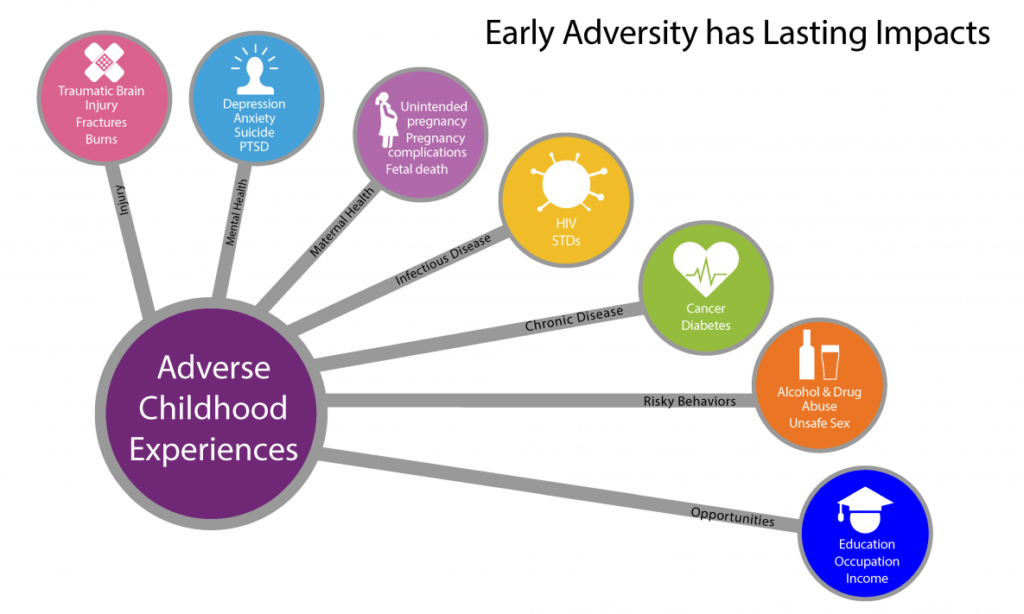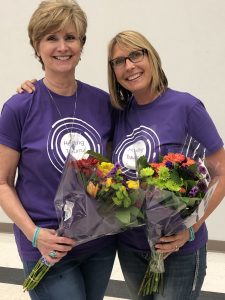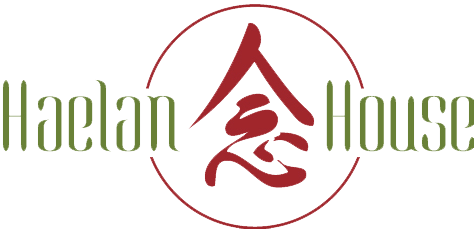“Childhood trauma can last a lifetime.”
~Markian Hawryluk, Bend Bulletin

This is the name of the article that came out in the Pulse magazine in the spring of 2018.
The article references the science behind the ACEs study. The CDC-Kaiser Permanente adverse childhood experiences (ACE) study is one of the largest investigations of childhood abuse and neglect and household challenges and later-life health and well-being. The original ACE study was conducted at Kaiser Permanente from 1995 to 1997 with two waves of data collection.
Over 17,000 Health Maintenance Organization members from Southern California receiving physical exams completed confidential surveys regarding their childhood experiences and current health status and behaviors.
ACEs are common across all populations. Almost two-thirds of study participants reported at least one ACE, and more than one in five reported three or more ACEs.
Some populations are more vulnerable to experiencing ACEs because of the social and economic conditions in which they live, learn, work and play.
The ACE score is the total sum of the different categories of ACEs reported by participants. Study findings show a graded dose-response relationship between ACEs and negative health and well-being outcomes. In other words, as the number of ACEs increases so does the risk for negative outcomes.

More detailed information about the study can be found in the article, “Relationship of Childhood Abuse and Household Dysfunction to Many of the Leading Causes of Death in Adultsexternal icon,” and on the CDC Website.
The Healing Trauma Conference
Susanne Frilot saw it at her doctor’s office and started handing out copies. She brought it to her friend, Cheryl Mills, and asked what they could do. Cheryl said, “let’s do a conference!” And, The Healing Trauma Conference was born.
Our Purpose for The Healing Trauma Conference:
- To educate and raise awareness of what trauma is.
- To raise awareness of the devastating effects of trauma; which not only affects the individual but also our community.
- To let people who have experienced trauma know that they can heal and what their options are.
- To highlight complementary and alternative treatment options from wellness practitioners to return people to healthy functioning and well-being.
- To educate various community partners about available local treatment options so that we can refer each other to potentially helpful practices and services for building a happier, healthier community.
Who
This conference is for those in the allopathic medical community, community and corporate leaders, mental and behavioral health professionals, emergency responders, clergy, veterans, businesses, organizations, public and private schools, and complementary and alternative practitioners, as well as the general public.
Why
People who have experienced trauma can be affected physically, mentally, emotionally, nutritionally, socially, and spiritually.
Trauma may begin as acute stress from a perceived life-threat or as the end product of cumulative stress. Both types of stress can seriously impair a person’s ability to function with resilience and ease. Trauma may result from a wide variety of stressors such as accidents, invasive medical procedures, sexual or physical assault, emotional abuse, neglect, war, natural disasters, loss, birth trauma, or the corrosive stressors of ongoing fear and conflict.
~SomaticExperiencing.org
Healing is Possible
The effects of trauma can be healed to help individuals return to wholeness and to being happy, productive members of the community, who have improved resilience, coping skills, and overall well-being.
Because the development of PTSD is conditional on trauma exposure, PTSD may be the most preventable of mental disorders. We have the unique opportunity to reduce the population burden of PTSD both by preventing trauma exposure and by delivering timely interventions in the wake of trauma to those most at risk.
~International Society for Traumatic Stress Studies – ISTSS.org
Very shortly after deciding to put on this conference people and organizations started stepping up in support of our efforts. We heard a lot of “this is sooo needed” and “thank you for doing this.” So we by no means created this alone, and we wish to thank them all. There have been dozens of people offering support either with participating, planning, donations or connecting us to others who may want to be involved.
We would like to once again thank our sponsors and speakers for their support that enables us to put on the conference and of course the attendees.
Susanne and Cheryl have both been affected by trauma as have nearly all of the speakers and practitioners you will see at the conference, so you are by no means alone. If you’re interested in learning more about complementary and alternative healing practices and local resources and organizations, come see what The Healing Trauma Conference has to offer.
We look forward to seeing you at the next Healing Trauma Conference!
Cheryl Mills and Susanne Frilot, Co-Founders and Creators,
The Healing Trauma Conference


